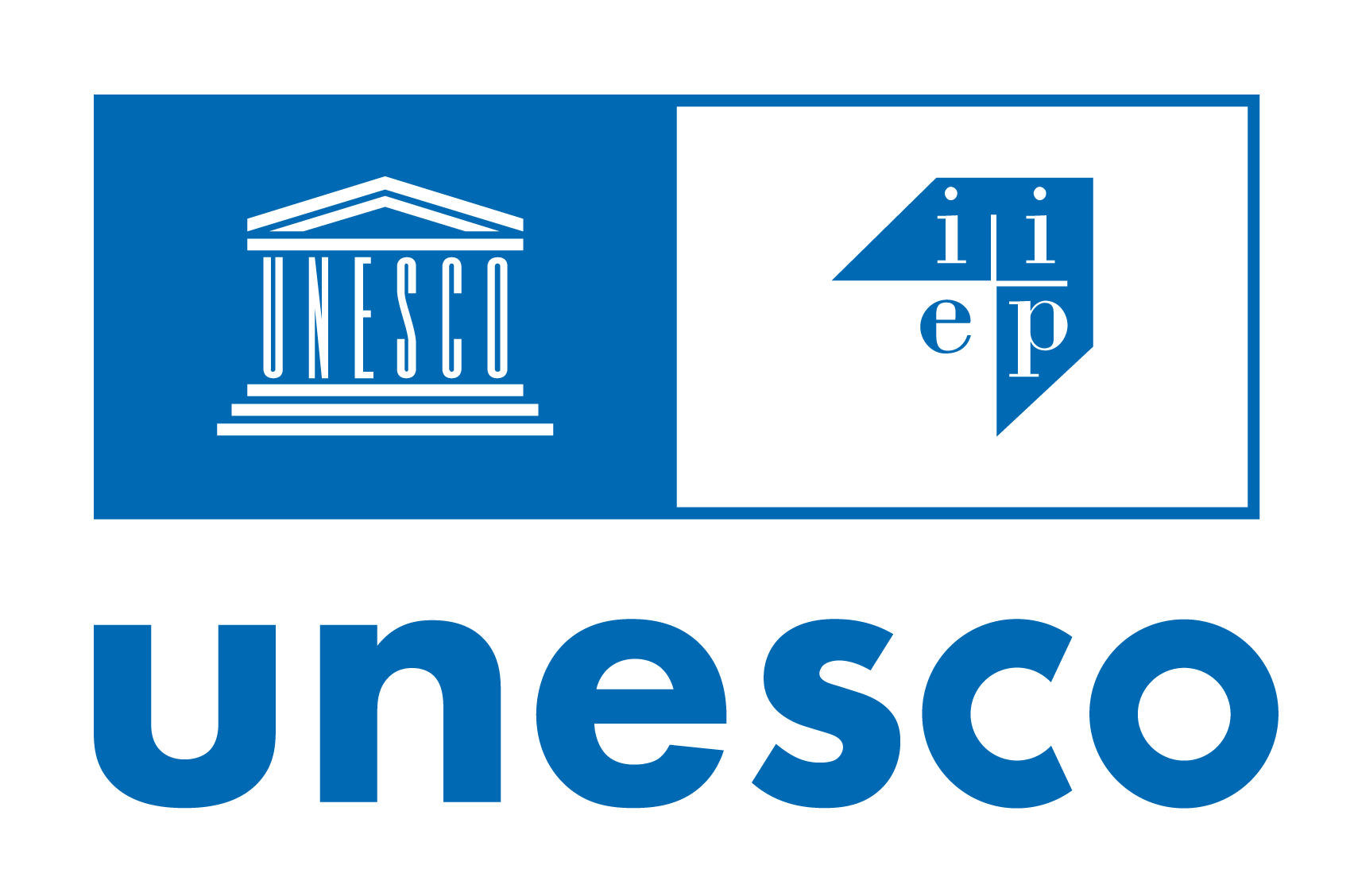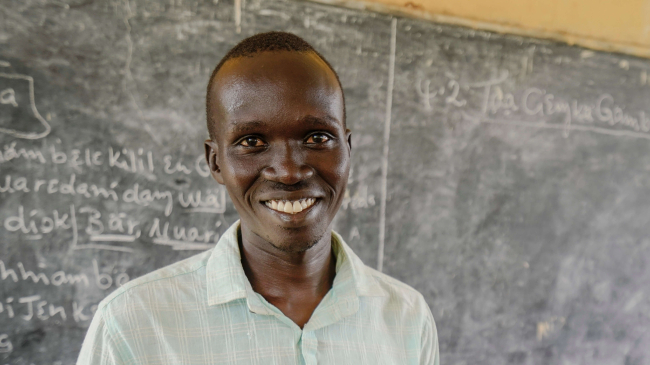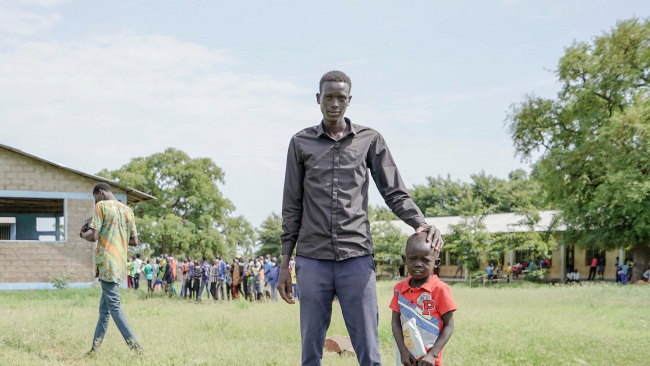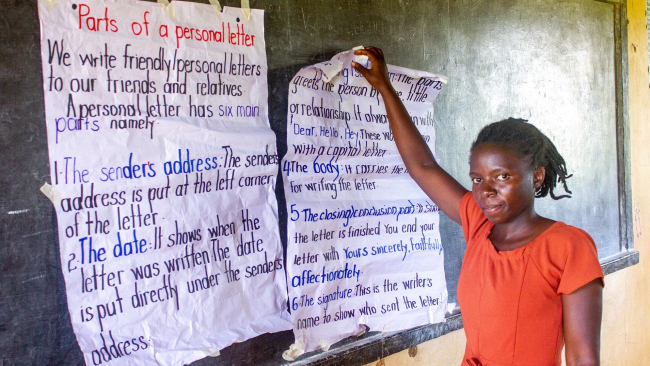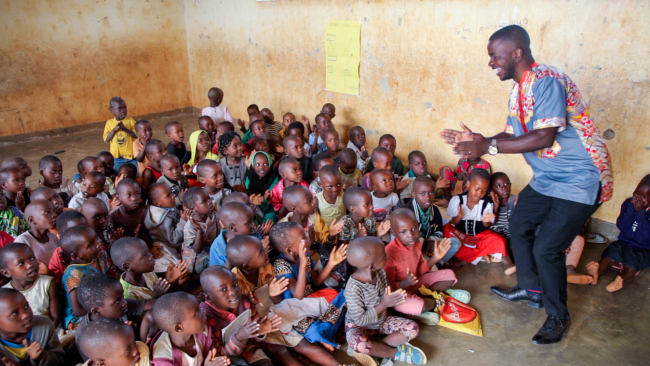Given the role that education can play in increasing human resiliency and adaptability to uncertain futures, as well as its role in equipping the population with the knowledge, skills, and attitudes to mitigate against further environmental damage, we must transform education as we currently know it. Inaction on this front would mean that we cannot move at the pace and scale that is required to reverse our current climate breakdown. At the same time, not critically reflecting on whether the education of today is the education we need leaves us with the possibility that human society will be in a perpetual battle to shift consumer behaviors, social values, and attitudes. Such an approach is unsustainable. While the year 2019 may have been marked by polarized action between student activists and school leadership, the year 2020 poses an opportunity to scrutinize the education sector as we have the energy sector. More and more development stakeholders are beginning to recognize that climate change threatens to forestall their sector’s progress toward achieving the SDGs.103 As school children striking around the world continue to force educators and politicians to ask about the role of the education sector in climate action, the global education community must leverage this political moment for radical educational transformation.
Year
2020
Pages
34
Resource Types
Languages
